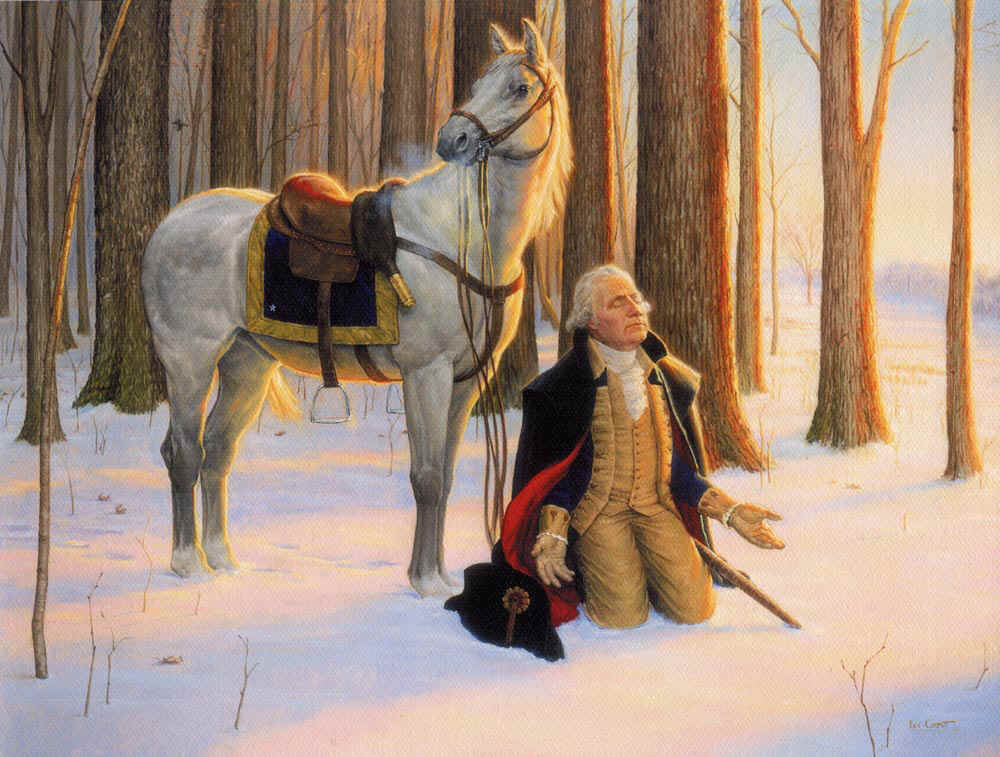Writer and humorist Dave Barry wrote, “The one thing that unites all human beings, regardless of age, gender, religion or ethnic background, is that we all believe we are above-average drivers.”
The same applies to artists and writers. Most feel they are pretty good at their craft. But success as an author is a complicated mix of factors. If accuracy, neatness and timeliness were the secret to success, book publishing success would be relatively simple to achieve.
It’s not.
I’ve been privileged to attend a number of concerts performed by one of the major world orchestras. The performances are stunning. There is something much deeper going on than playing all the right notes. There are nuances to the performance, which go far beyond the content of the musical score.
In a similar fashion, the secret to effective book publishing is also found in the nuances, the shadows and fringes, not the checklists. A checklist will help you dig and build a good foundation, solid walls, energy efficient windows and a rainproof roof.
But it is the paint and furnishings, which make a house beautiful. And if you want to press the metaphor to the logical conclusion, it is the inhabitants, which make it a home others want to visit.
The same with publishing books. The secrets (if there are any) to success are in the nuances, not in the notes from a workshop, unless the workshop is about the subjective nature of art!
For example, I seek to represent authors I feel good about…sometimes more of a heart-decision. I’ve also declined to work with someone I didn’t feel good about. Can’t explain it, we just didn’t connect.
When agents gather, we talk about the nuances of our profession rather than how many clients we each have and how many proposals we send.
If playing the right notes in the right order was what separated great musicians in the Chicago Symphony from the rest of the world, then spell-check and the Chicago Manual of Style should be enough to guarantee success as an author.
And of course, this is not the case.
Here are some nuances of the publishing world. I’ve put them in three levels of increasing complexity, hoping you can draw some practical help from the list:
Level I Nuances (Seriously, you needed to write these down?)
- Be professional. Act the part. You are trying to get others to invest time and money in you.
- Don’t be a “prickly” person. Publishing is about relationships and if you are not pleasant, few people will want to have anything to do with you. Wait until you are making millions for the publisher and you can demand a certain type of sparkling water at a certain temperature in your hotel room!
Level II Nuances (These are hard!)
- Spend some time learning about publishing and your publisher. Claiming ignorance over everything a publisher does will not endear you to them. You can be humble and knowledgeable. Inadvertently you are saying, “I want you to understand me, but I don’t care a hoot about you.”
- Show respect to publishing people and booksellers. Seriously, they probably know more than you and for sure, honey draws more flies than vinegar. These people are paying to publish and sell your book.
Level III Nuances (Betcha never thought of these.)
- Actually take time to know the difference between good technical writing and great writing. Accuracy and artistry can be mutually exclusive.
- Maintain a healthy respect for intellectual property law. Be the first one to say photocopying sheet music or a copyrighted page is not right. Respecting copyright and trademark should eventually come naturally to you. If you don’t, how can you expect other people to respect your intellectual property?
Yes, writing is much more of a dance. Learn the moves and you won’t step on as many toes.
(In case you are wondering, I didn’t set out to see how many different metaphors I could fit into this post. Just sort of happened, like going to a salad bar and finding your plate isn’t big enough.)










